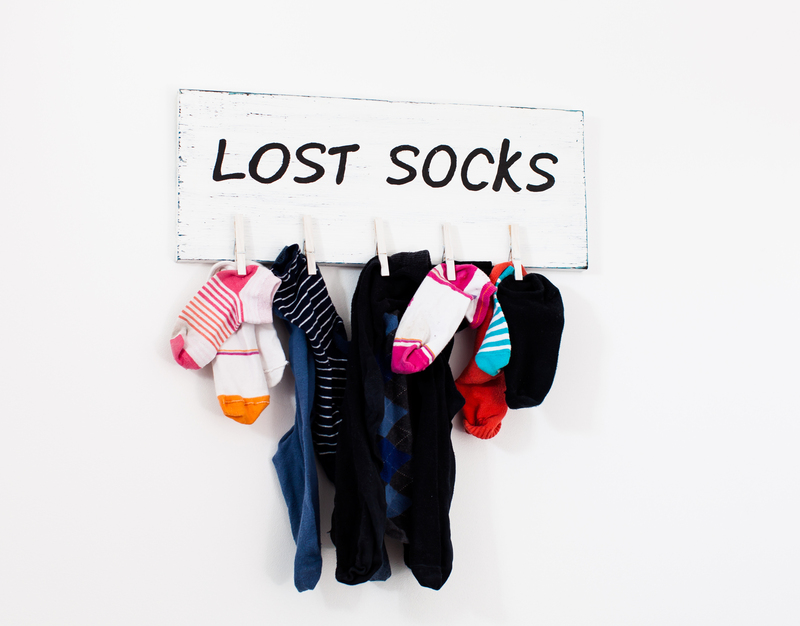Tidy Home, Tidy Thoughts
Posted on 02/11/2025
Tidy Home, Tidy Thoughts: The Connection Between Clean Spaces and Mental Well-being
Introduction
A tidy home might be more than just an aesthetic preference. Recent studies have highlighted the intricate connection between our physical environment and mental well-being. Diving deeper into this subject reveals that a clean and organized living space can significantly impact our mental state, reducing stress, boosting productivity, and fostering a sense of well-being.

The Psychological Impact of Physical Clutter
Living in a cluttered environment can lead to feelings of chaos and disorganization. According to a study conducted by UCLA's Center on Everyday Lives and Families (CELF), there is a strong correlation between high cortisol levels (the stress hormone) and a cluttered home environment. The constant visual reminder of disorganization can trigger stress responses, hampering our ability to relax and focus.
Conversely, a tidy and organized space can create a sense of calm and control. When our environment is orderly, it allows our minds to follow suit, leading to clearer thinking and reduced anxiety. This phenomenon underscores the adage, "Tidy space, tidy mind."
The Role of Cleanliness in Reducing Stress and Anxiety
Maintaining cleanliness significantly impacts our mental health. A clean home not only looks appealing but also serves as a sanctuary from external stressors. Dirty and disorganized spaces can create a cognitive load, diverting attention and energy that could be spent on more rewarding activities.
Moreover, engaging in cleaning activities can be therapeutic. Tasks like vacuuming, dusting, and organizing can lead to a meditative state, providing a break from stressful thoughts. Studies have shown that cleaning activities can reduce symptoms of anxiety and depression, suggesting that the act of cleaning itself can be a powerful tool for mental wellness.

The Benefits of an Organized Space for Productivity
An organized home is a productive home. When everything has its place, it reduces the time and mental effort spent searching for items, leading to increased efficiency in daily tasks. This streamlined environment can boost productivity and reduce frustration, which is particularly beneficial for those working from home.
Additionally, an organized space can enhance creativity. Clutter can be overwhelming and distracting, making it challenging to focus on creative endeavors. By decluttering and organizing, individuals can create a conducive environment for creative thinking and innovation.

Steps to Achieve a Tidy Home
Declutter
The first step to a tidy home is decluttering. Start by sorting through items and deciding what to keep, donate, or discard. This process can be liberating and can significantly reduce the overall amount of stuff in your home.
Create Storage Solutions
Invest in storage solutions that fit your needs. Shelves, bins, and organizers can help keep items in their designated places, making it easier to maintain a tidy space.
Establish Routines
Developing cleaning and organizing routines can help maintain a tidy home. Set aside specific times each week for cleaning tasks and stick to them. Consistency is key to ensuring that your home remains a peaceful, organized retreat.
Mindful Maintenance
Regular maintenance is crucial. Make tidying up a daily habit. Small actions like putting things back in their place, wiping down surfaces, and doing a quick sweep can prevent clutter from accumulating and help maintain a tidy environment.
Conclusion
In conclusion, the connection between a tidy home and a peaceful mind is undeniable. A clean, organized living space can significantly impact our mental well-being, reducing stress, boosting productivity, and fostering a sense of calm and control. By taking steps to declutter, organize, and maintain our homes, we can create an environment that supports mental health and overall well-being. Remember, a tidy home fosters tidy thoughts.
Latest Posts
Using Toothpaste to Keep Your Iron Plate Clean
Cleaning Beverage Spills from Carpets









